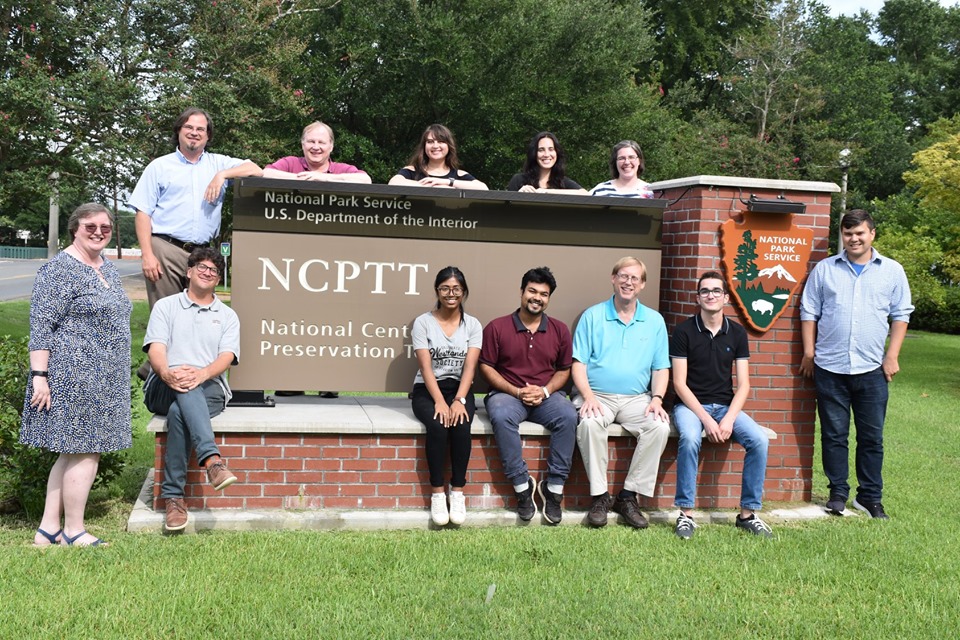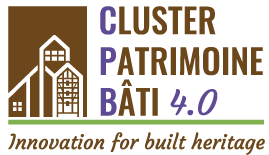Built heritage consists of all buildings built before 1948. The latter have the specificity of having been made with local materials and know-how. They thus represent architectural and identity elements to preserve for the territories.
Patrimoine
Bâti 4.0

Aube is a territory where are transmitted from century to century the best know-how in built heritage.
Today we continue to invest in the development of advanced skills to continually improve them. Private and public partners have set themselves an ambition from the very beginning: to become the pioneering territory for innovation in built heritage.Join the CPB 4.0 and advance with us towards this goal: to make Dawn the Silicon Valley of built heritage!
Vincent MATHIEU
Président

A showcase territory
The city of Troyes is renowned as a showcase of built heritage.
Of all the cities in France that have preserved a wooden frame, Troyes is certainly the one with the most important heritage, the best safeguarded and valued in his heart. The remarkable heritage of the territory is a valuable asset and attracts every year many tourists, constantly amazed by its many riches.
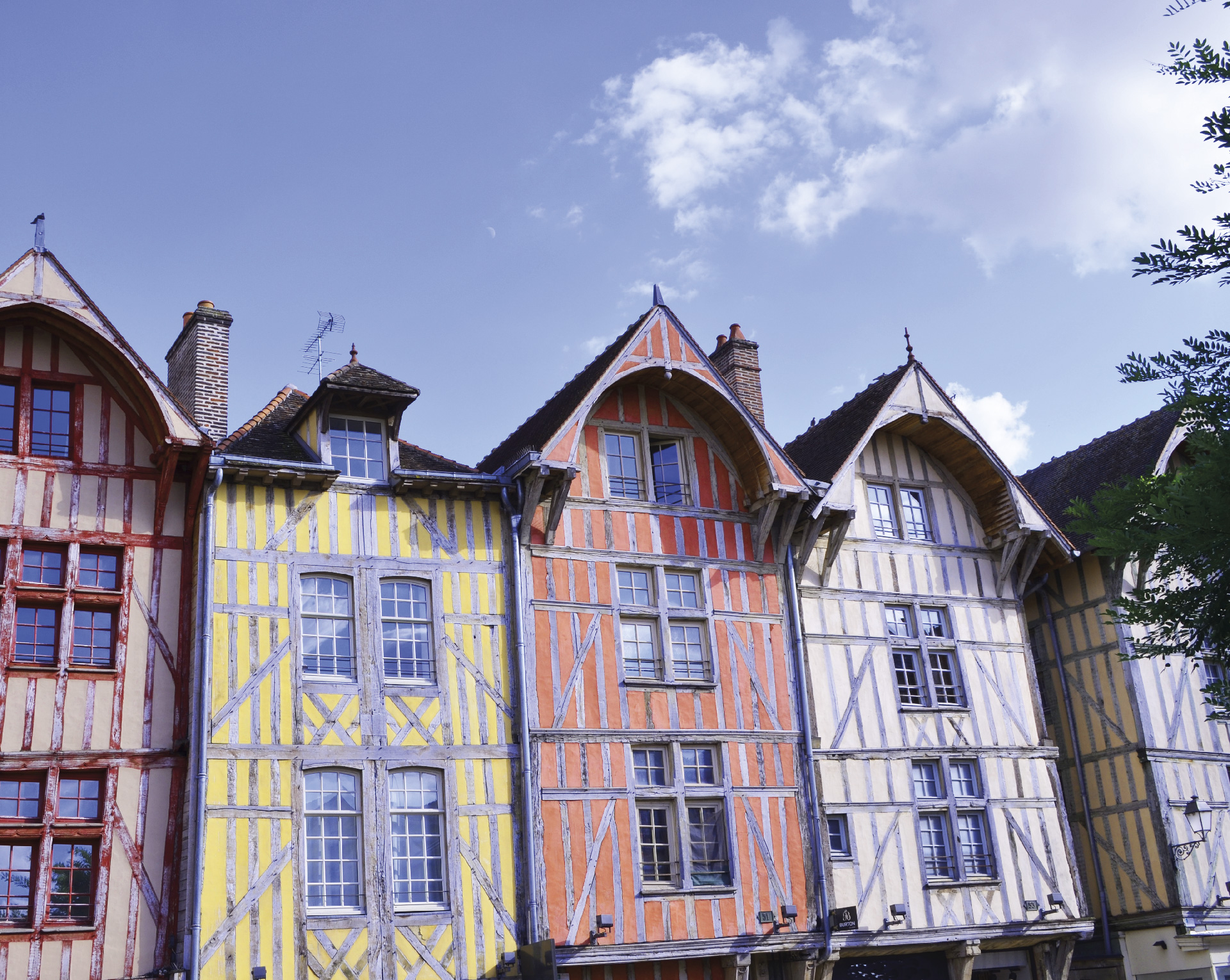
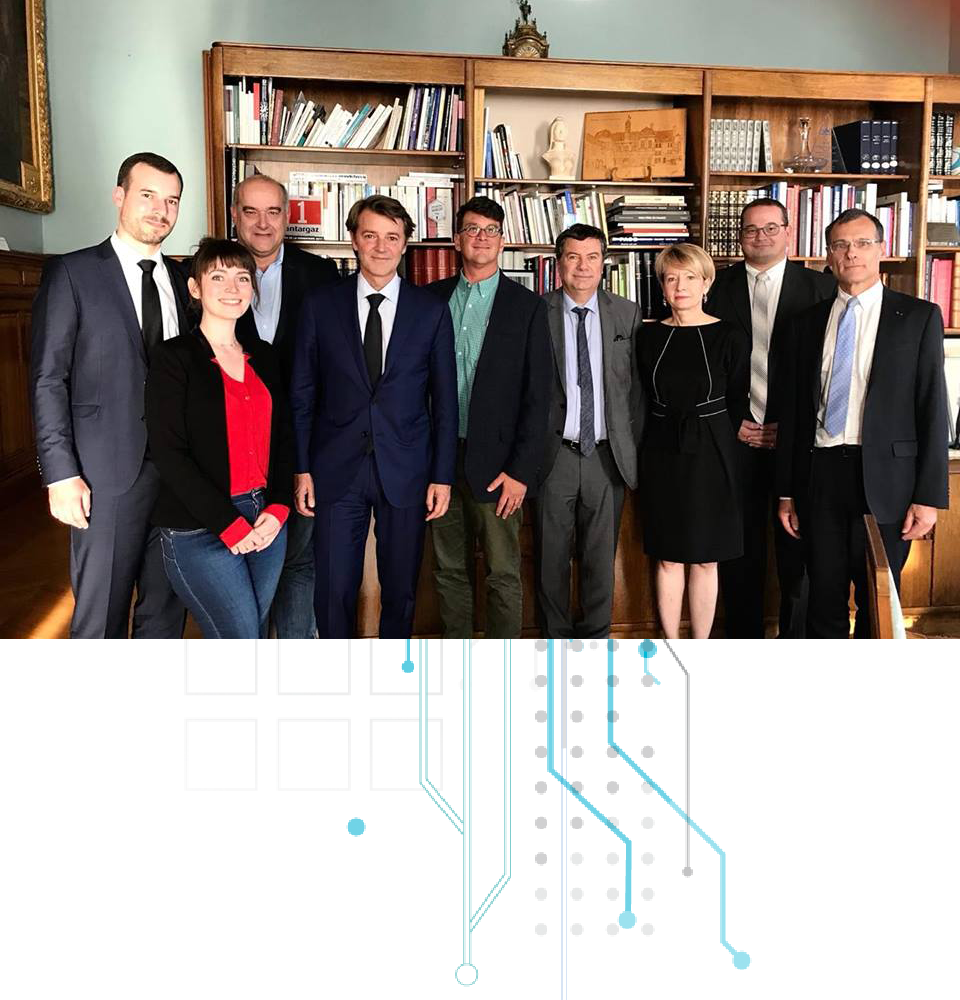

An full and advanced know-how in built heritage
The territory hosted many complementary skills
such as the University Institute of Trades and Heritage, the European Hemp Center, the future Higher Institute of Stained Glass, engineering schools (EPF, ESTP, UTT )), diversified start-ups, craftsmen, architects and first-rate companies.
The support of Troyes Champagne Métropole
at the Cluster was naturally put in place from the beginning of the project. Local Higher Education - Research - Innovation - Student life in the Troyes agglomeration, is also built around construction and built heritage.

A significant potential of buildings to renovate.
In France, the built heritage park represents one third of the existing buildings. It is characterized by heritage architectural assets often remarkable.State of progress of digital and energetic transitions.
In the building sector, technical changes are important : digital transition, connected buildings, smart cities, virtual reality, new recycling channels and new materials. Numerous projects in France are interested in the framework of eco-construction and / or construction of the future. However, none is devoted entirely to adapting built heritage to new professional and / or regulatory standards. However, the renovation of the built heritage is a know-how that will have to evolve strongly in the context of digital and energy transitions.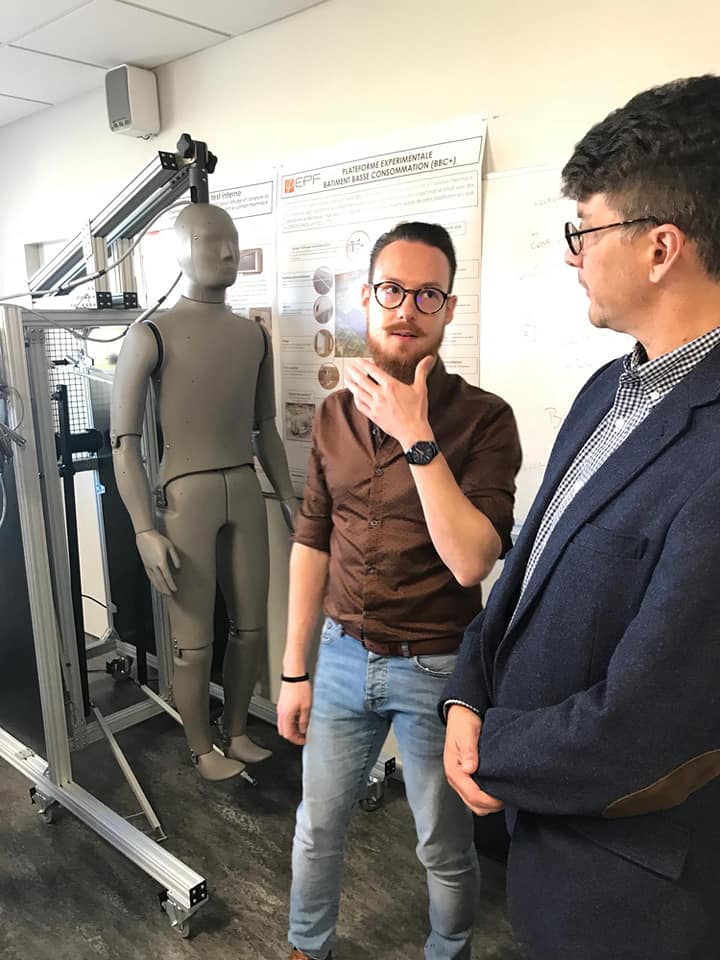
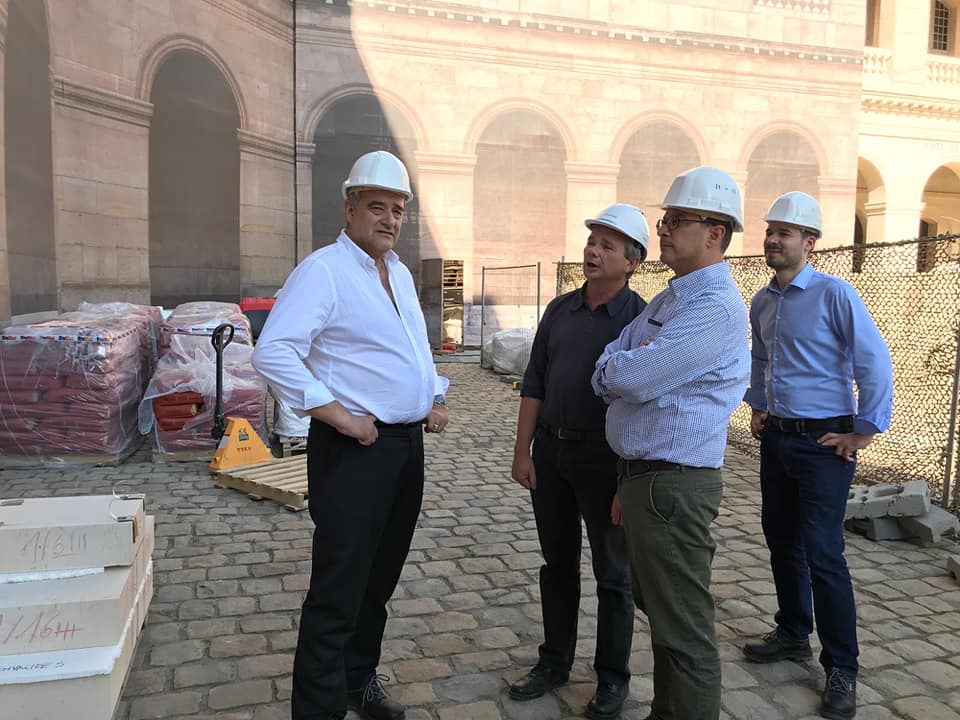

The renovated buildings will eventually serve as demonstration buildings and the innovations will be transferred to companies, particularly through training.
The goal is to prepare companies to respond to future markets by training them on the latest available technologies and anticipating future ones.


The National Center for Preservation Technology and Training (NCPTT) in the United States
The cooperation charter signed in October 2018 with the CPB 4.0 defines a triple collaboration:
- conduct joint research,
- exchange students and researchers,
- share trainings for professionals.
